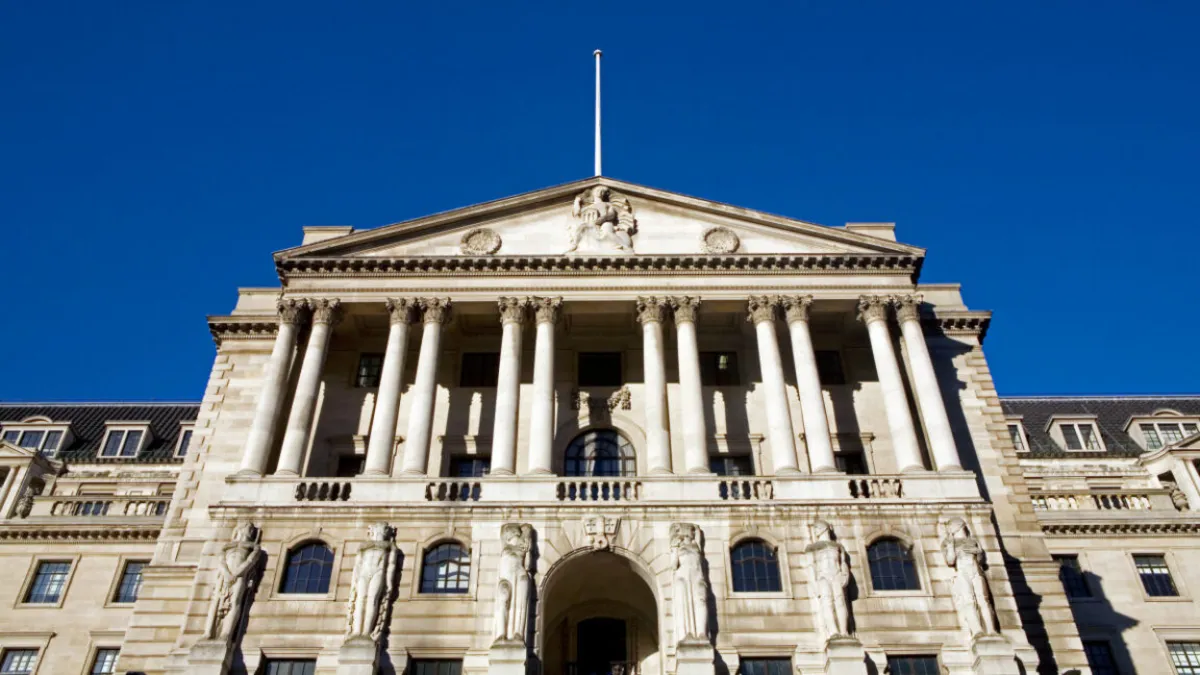
The conversation around a potential AI market bubble is intensifying, with prominent voices like OpenAI CEO Sam Altman and Amazon's Jeff Bezos joining the chorus of caution. Recently, the Bank of England issued a stark warning that global financial markets could be at risk of a sharp correction if investor sentiment regarding artificial intelligence turns negative.
According to the UK central bank, current US stock valuations bear a striking resemblance to those observed near the peak of the dotcom bubble. The report states that AI-focused companies now account for an unprecedented share of market value, raising concerns about the sustainability of such valuations. In its quarterly report, derived from a recent meeting of the Financial Policy Committee, the BoE highlighted an increased risk of a significant market correction.
As noted by Reuters, this represents the Bank of England's most forceful warning to date regarding potential declines driven by AI. The committee, led by Governor Andrew Bailey, indicated that the spillover risks to the UK's financial system from a sudden market shock are material and cannot be overlooked.
The warning comes at a time when the S&P 500 has reached a record high, climbing 14 percent year-to-date. The Bank of England's report reveals that a staggering 30 percent of the S&P 500's valuation is attributed to just five dominant companies: Nvidia, Microsoft, Apple, Amazon, and Meta (the parent company of Facebook). This concentration is the highest the index has experienced in 50 years, underscoring the potential risks associated with such reliance on a few major players heavily invested in AI development.
Additionally, the report highlights that share valuations based on historical earnings have surged to their highest levels since the dotcom era, although they appear less extreme when considering investors' expectations for future profits. The BoE cautioned that this combination of factors, along with increasing concentration within market indices, leaves equity markets particularly vulnerable if expectations regarding the impact of AI shift negatively.
The dotcom bubble of the late 1990s serves as a cautionary tale for today's market. During this time, investors invested heavily in Internet companies, driven by the belief that the economy was on the brink of transformation, often neglecting the profitability of individual businesses. The Nasdaq index soared by an astonishing 600 percent between 1995 and March 2000, only to plummet by 78 percent from its peak when market sentiment changed, reaching a low point in October 2002.
While it's uncertain whether a similar fate awaits the current AI market, the parallels are striking. The real question is not necessarily about the utility of AI technologies—similar to how the Internet proved beneficial despite the bubble—but whether the financial resources being funneled into AI companies are justified by the potential profits they can deliver.
As we navigate this unpredictable landscape, it's crucial to remain vigilant for signs of a potential AI bubble. While we can't predict when or if such a bubble will burst, the trend of increasing investment in AI-related deals suggests that more warning signs may emerge in the future. Investors and market watchers alike should approach the evolving AI landscape with a balanced perspective, assessing both the opportunities and the risks associated with this transformative technology.